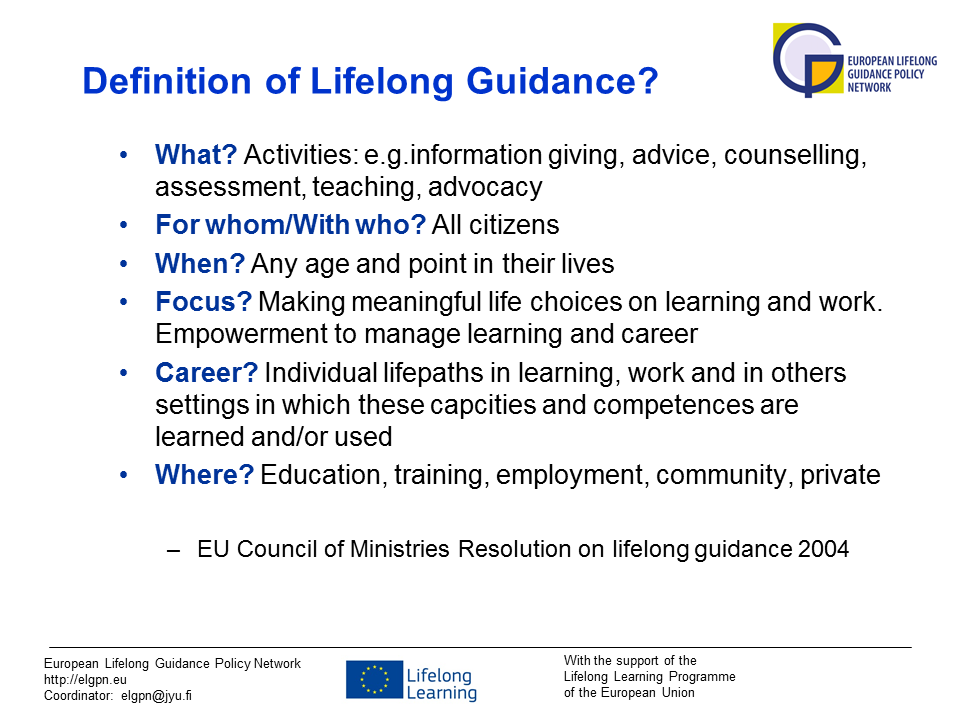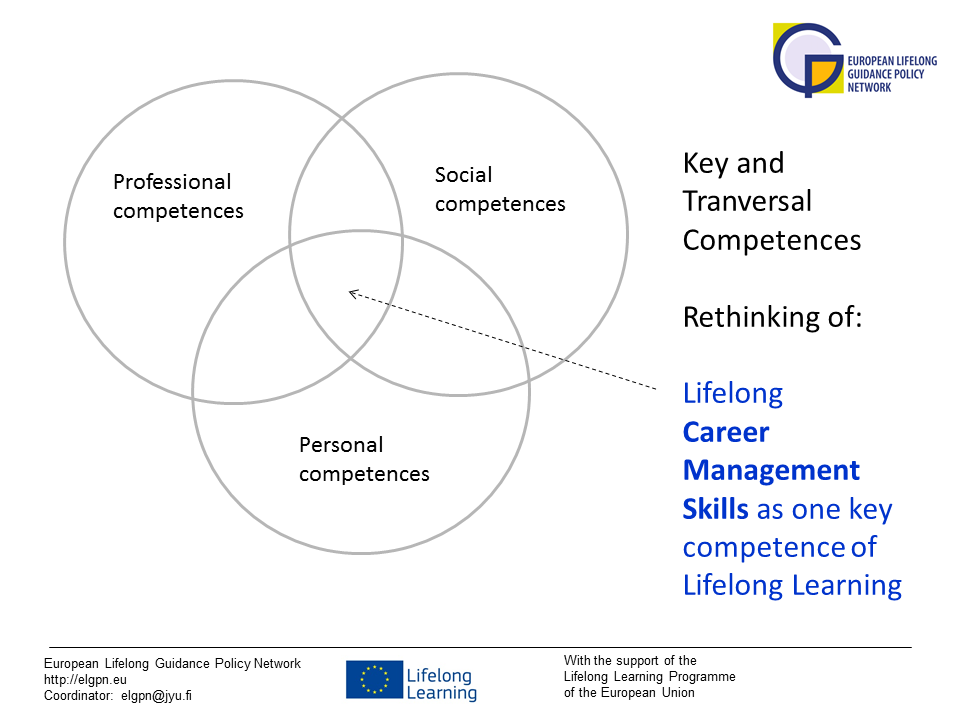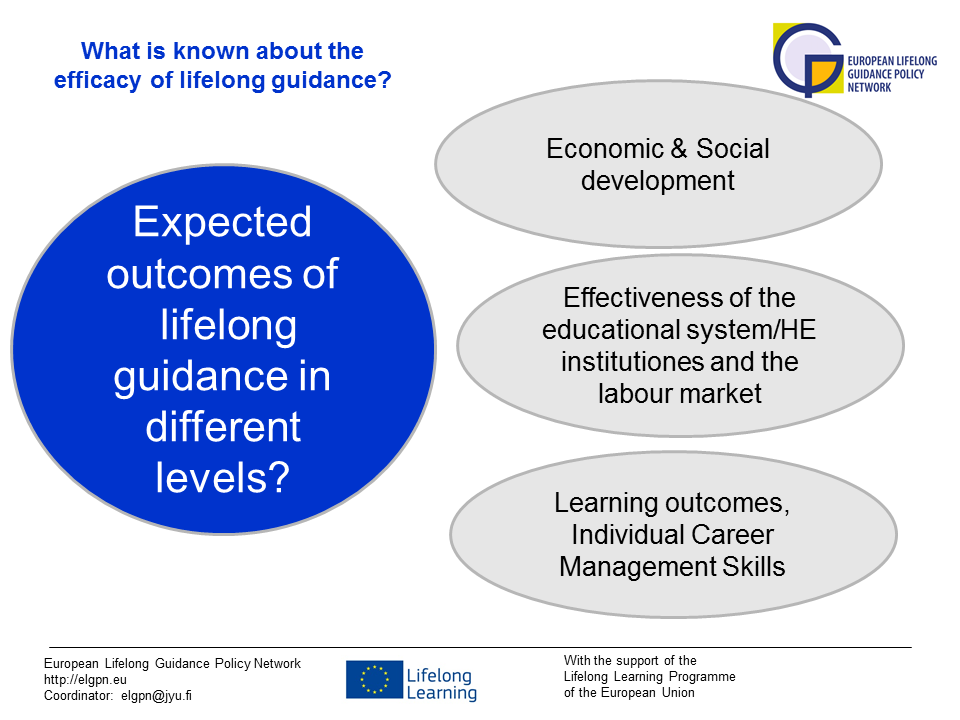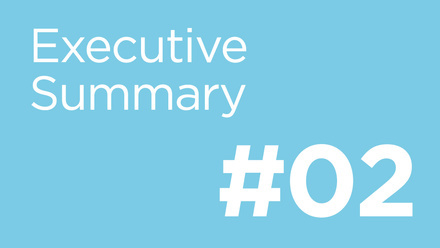In it for the long haul: lifelong career guidance for students

"An individual career is no longer ‘chosen’, it is ‘constructed’ through a series of choices we make throughout our lives." This paradigm shift in career development was explained by Raimo Vuorinen from the Finnish Institute for Educational Research during the Closing Plenary at the recent EAIE Spotlight Seminar in Berlin on core elements of student support. In this post, Raimo explains the importance of lifelong guidance services in order to improve the effectiveness and efficacy of higher education.
The paradigm shift in career development – the idea that a career is now constructed through certain choices we make throughout our lives rather than chosen from the very start – explains the recent increased attention, by OECD and the EU in particular, on lifelong guidance policy development. The awareness of the need for better anticipation and match of labour market skills appears in the majority of the recent OECD and EU policy documents both on education and employment sectors. An overarching goal in these documents is to strengthen labour market intelligence as well as the links between higher education institutions, employers and the labour market in order to improve the match between skills and jobs.
Career services have a strong tradition in higher education and the services are often delivered by a careers service within the institution. However, there is evidence that guidance services are most effective where it is genuinely lifelong and progressive. The definition of lifelong guidance in this context refers to a range of activities that enable citizens of any age, and at any point in their lives, to identify their capacities, competences and interests; make meaningful educational, training and occupational decisions; and to manage their individual life paths in learning, work and other settings in which these capacities and competences are learned and/or used.

Participation in guidance activities can help the students reflect on what they have learned in light of the competence demand in the labour market and thus support more successful transitions to the labour market. This wider approach includes the promotion of lifelong career management skills, which are required by citizens to manage the complex transitions that mark contemporary education, training and working pathways. The acquisition of career management skills can support citizens in managing non-linear career pathways, and in increasing their employability, thus promoting social equity and inclusion. As a whole, the career management skills can be described as an essential graduate employability skill.

The individual learning outcomes of guidance for individuals also contribute to the effectiveness and efficacy of higher education by increasing participation in education and by improving attainment rates. The costs of higher education can be decreased when the transitions between learning and work are smoothed out. The follow-up information of graduate placements can be used in informing prospective students of possible career paths after graduation. The same data can be used by the training organisations to evaluate the relevance of the training in the light of the emerging competence areas in the labour market. Well integrated career services in higher education can be identified as an indicator of a well functioning and efficient training organisation.

How intensive and integrated are your institutions’ career services? Is it time to rethink their effectiveness in terms of life-long support?
By Raimo Vuorinen, European Lifelong Guidance Policy Network, Finnish Institute for Educational Research, Finland




